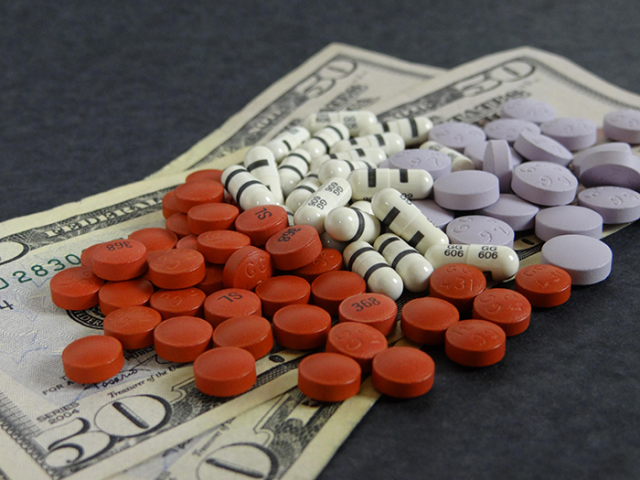
By Jessica Ford
U.S. Army Public Health Command
Most people do not plan on feeling depressed, but depression is called the “common cold” of behavioral health issues. Almost one out of five people will have depression during their lifetimes. Some signs of depression are losing interest in things you used to enjoy or feeling sad most of the time for two or more weeks. If you are concerned about your mood, you may wonder what to do. In fact, finding help for behavioral health issues, such as a depressed mood, is an important part of maintaining personal readiness.
When you are seeking out resources, you may feel overwhelmed with information. Oftentimes, people seek advice from friends, family, coworkers and the Internet. This can be confusing. Some recommendations will be helpful, but others could be harmful.
Some sources may recommend dietary supplements. Dietary supplementation may seem like an easy fix because you do not have to invest a lot of time or money into it and supplements can be taken without anyone knowing.
Unfortunately, there is no quick fix for depression. Although there is some evidence that having low levels of certain nutrients (for example, folate, B-12, calcium, vitamin D, iron, selenium, zinc and N-3 fatty acids) contribute to some mood problems, there is very little evidence that dietary supplements help most people who are depressed.
Scientists have found that vitamins can be helpful for some women with hormone-related depression symptoms. For those who do not have a nutritional deficiency or depression, multi-ingredient vitamin supplementation has been shown to improve mood and reduce stress and anxiety.
Despite evidence that vitamin supplementation can be helpful for people without depression, the Department of Health and Human Services, and the U.S. Department of Agriculture’s dietary guidelines for Americans advise that nutrient needs be met primarily through the food that you eat.
These guidelines only recommend supplement use in addition to a nutrient-dense diet if you are over the age of 50, a woman of childbearing age or if you have dark skin/are not exposed to enough sunlight. The Food and Drug Administration warns against taking in too many vitamins since there are upper limits of safety.
At the end of the day, taking supplements without a health care provider’s help may result in wasted money and time because it is hard to tell the difference between a mood disorder and normal, everyday sadness related to a stressful situation.
The best person to discuss changes in mood is your primary health care provider, who can help you determine if your mood change or problem is the result of depression, a normal situational response or a physical problem. If they do find that you have a mood disorder, like depression, the current gold standard treatment for depression is a type of therapy called cognitive-behavioral therapy along with a prescription antidepressant. Additionally, you may want to have lab tests to check for a deficiency and discuss the use of vitamins or perhaps herbal remedies with your provider.
Ultimately, only you and your health care team can make the best decision regarding nutritional supplementation and treatment planning for mood concerns.
Editor’s note: The author is a psychologist with the U.S. Army Public Health Command.
